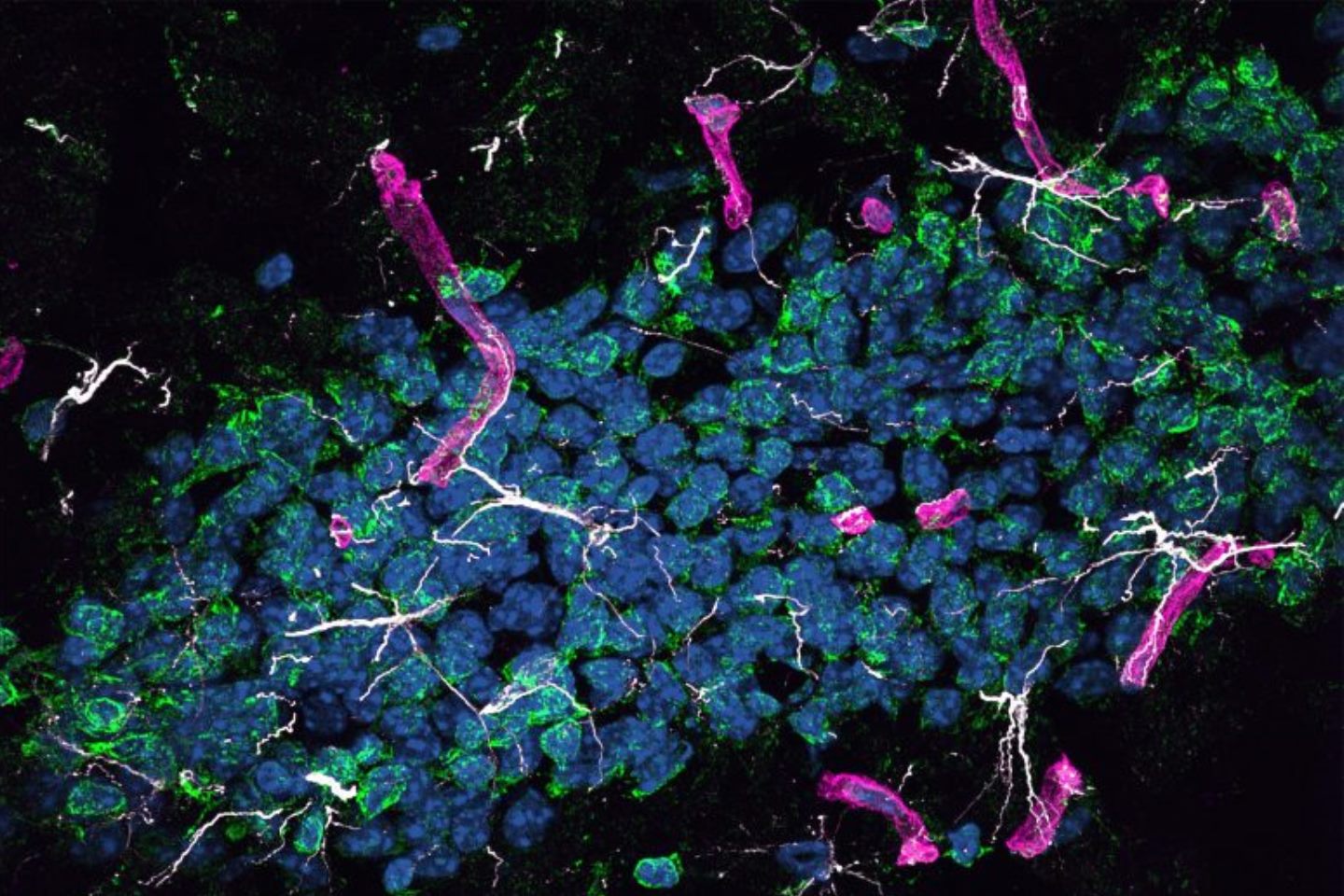
Scientists at Curtin University believe a new discovery about the cause of Alzheimer’s disease could eventually lead to a preventative treatment.
About half a million Australians are affected by Alzheimer’s, which is a form of dementia, the cause of which is unknown.
But a new study, the details of which have been published in open-access journal PLOS Biology, found the likely cause was the leakage of lipoproteins from the blood into the brain.
The lipoproteins carry beta amyloid, which is usually found in the brain of people with Alzheimer’s and has been identified as possibly causing neurodegeneration.
Lead author John Mamo reported that studies in mice had shown that beta-amyloid produced in the liver could cause degeneration in the brain, travelling in the lipoproteins and eventually forming the plaque that caused Alzheimer’s.
Mice that produced beta-amyloid only in their liver cells developed neurodegeneration and brain atrophy. They performed poorly on a learning test based on the section of the brain that is essential for the formation of new memories.
It is hoped the discovery could lead to the development of medication that would stop the toxic protein from ever reaching the brain.








